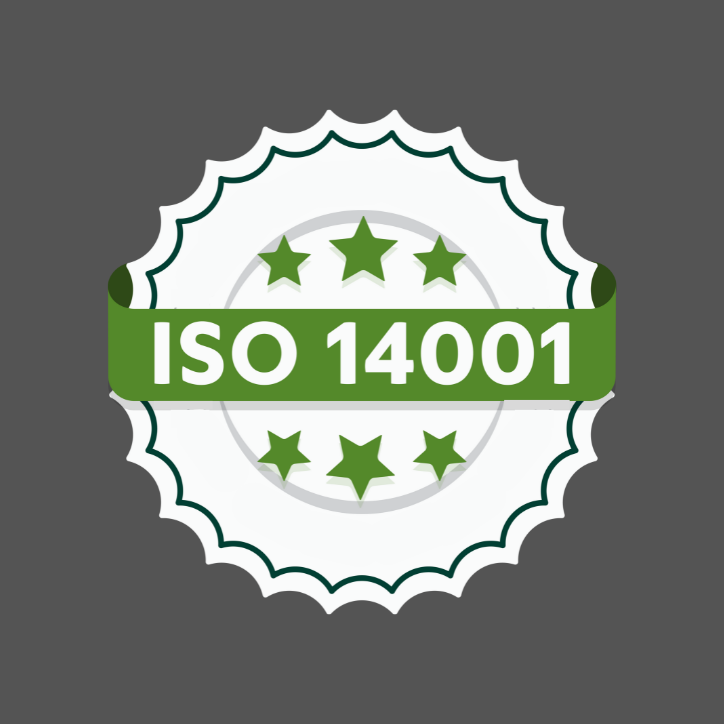Introduction:
In an era where environmental sustainability is a global priority, organizations worldwide are turning to ISO 14001 as a comprehensive framework for effective environmental management. ISO 14001 sets the standard for Environmental Management Systems (EMS), providing organizations with the tools to minimize their environmental impact, comply with regulations, and demonstrate a commitment to sustainability. Let’s explore the essence of ISO 14001, its fundamental principles, the advantages it offers, and why it has become a cornerstone for environmentally responsible businesses.
What is ISO 14001?
ISO 14001 is an international standard developed by the International Organization for Standardization (ISO) specifically for Environmental Management Systems. It provides a systematic approach to managing environmental aspects, assessing impacts, and establishing a framework for continuous improvement. Applicable to organizations of all sizes and industries, ISO 14001 enables entities to enhance their environmental performance, reduce waste, and contribute to a more sustainable future.

Key Principles:
The foundation of ISO 14001 lies in several key principles that guide organizations in developing and implementing effective environmental management systems. These principles include a commitment to compliance with legal and other requirements, a focus on pollution prevention, a dedication to continual improvement, and engagement with stakeholders. By adhering to these principles, organizations can proactively address environmental challenges, identify opportunities for improvement, and enhance their overall environmental stewardship.
Benefits of ISO 14001:
ISO 14001 offers a multitude of benefits to organizations seeking to integrate environmental responsibility into their operations. Foremost among these advantages is the ability to demonstrate a commitment to sustainability, fostering positive relationships with stakeholders, and enhancing brand reputation. ISO 14001 also helps organizations comply with environmental regulations, reducing the risk of fines and legal issues. Moreover, by systematically identifying and managing environmental aspects, organizations can reduce resource consumption, minimize waste, and improve overall operational efficiency.
Conclusion:
ISO 14001 stands as a crucial tool for organizations striving to balance operational needs with environmental responsibility. It goes beyond compliance, providing a roadmap for organizations to proactively address environmental challenges and contribute to a sustainable future. By embracing ISO 14001, organizations signal their dedication to minimizing their environmental footprint, protecting natural resources, and fostering a culture of sustainability. In an age where environmental consciousness is integral to corporate success, ISO 14001 remains a guiding force for organizations committed to environmental excellence.
